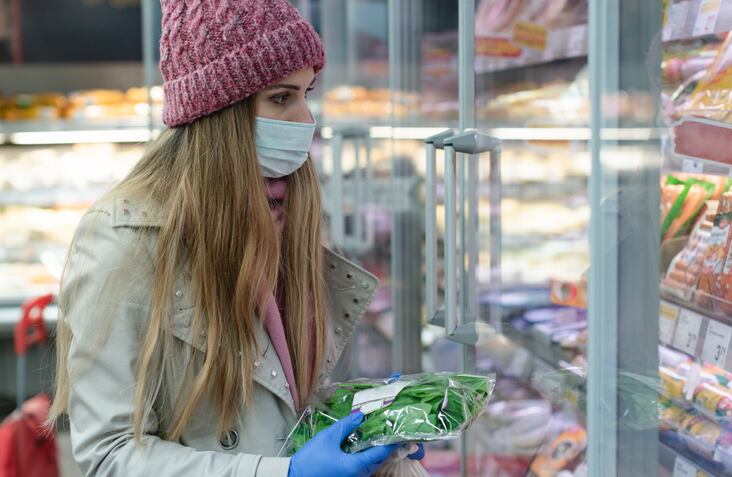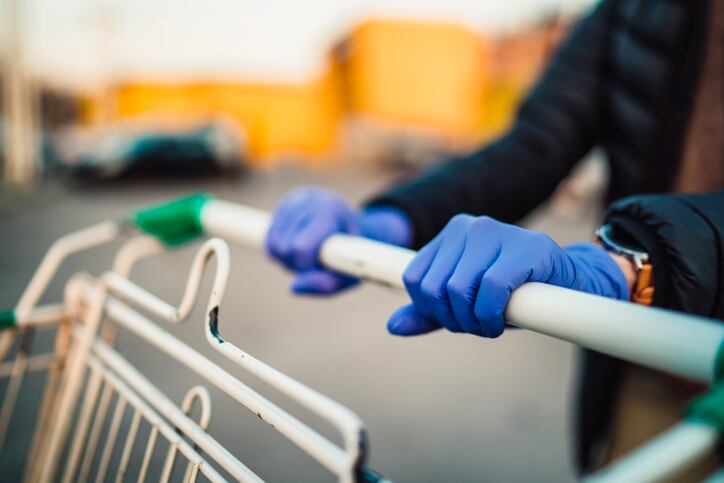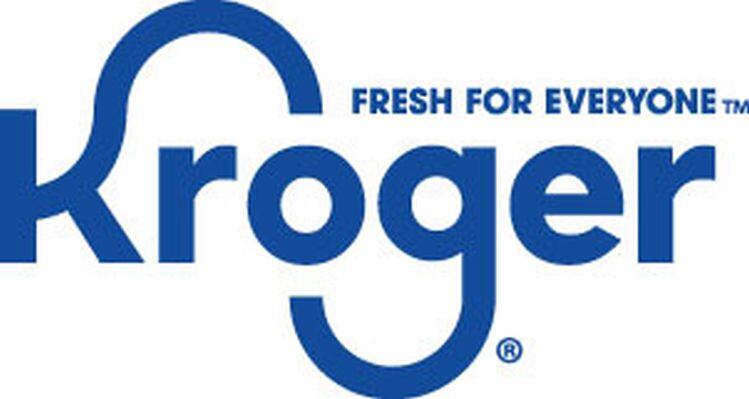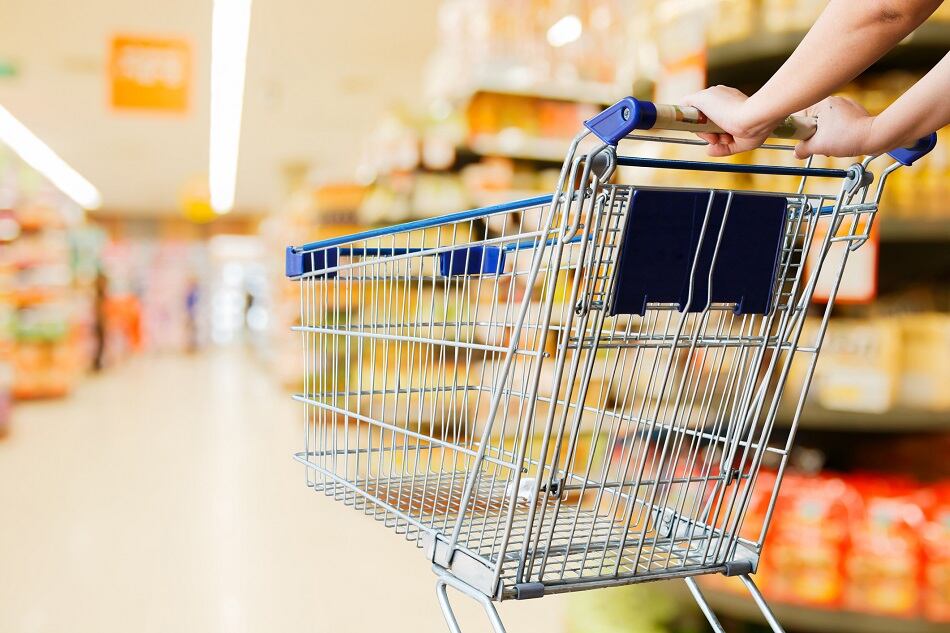“We don’t see any [consumer] behavior that looks like a recession, so far. We see significant behavior changes because of uncertainty and fear of COVID-19” in the form of shoppers buying more and being less selective about brands as long as they can take home the products they want, Kroger Chairman and CEO Rodney McMullen told analysts Michael Montani and Gregory Melich of the investment banking advisory firm Evercore ISI during a “fireside chat” webinar April 16.
But, he added, “we believe there’s a high risk of having a recession” as consumers move out of the initial stockpiling phase and continue to adjust to “the new normal,” including dining and travel restrictions.
Lessons from the Great Recession
To that end, he said, Kroger has begun analyzing shopper data from the 2008-2009 recession, and “looking at the prior work that we had put together, plus updating it in different ways” to see how the retailer can best weather the impending economic storm.
“Historically, when the US has a recession, grocery stores for the first six to 12 months actually pick up business because people still want to eat good. So, they have a steak at home that they buy from the grocery store versus a state at a restaurant. So, if you look historically, Kroger and supermarket retailers actually come out ahead early in it,” McMullen said.
The problem, he added, is “if the recession lasts long enough, then it will catch up to you.”
To strengthen Kroger’s position and minimize its exposure during a potentially long recession, McMullen said the retailer will continue the same approach it has taken throughout the ongoing coronavirus outbreak and in economic downturns prior to the pandemic, which is to invest heavily in innovation that best serves consumers and to leverage partnerships that make the chain more valuable to shoppers.
Investing in private label, promotions
For example, he said, even though consumers currently are not picky about brands as long as they can buy the products they need, he knows as money becomes tighter and their pantries more fully stocked they will become more price sensitive.
To that end, he said, “we continue to invest in our brands, both from an innovation standpoint, and we also continue to invest in personalization and digital. All of those areas, we believe, this environment will cause to accelerate.”
For example, Kroger is working with data science partner 84.51˚ to fast-track new customers, who have visited the retailer for the first time during the pandemic, to receive loyal customer mailings and digital offers based on their shopping history.
“Traditionally it would take longer for a new customer to start getting access to some of those pieces, but we’ve started sending them that information immediately because we think it is incredibly important to continue to put an ad out” and engage with consumers to build loyalty, he said.
He explained that even though many competitors have paused promotions, he wants to ensure that customers have access to affordable food and fresh food during the pandemic and economically challenging times.
Indeed, he noted, Kroger customers told him earlier this month that they were surprised that the retailer still offered sales in its stores, and that they were “appreciative of it.”
Enhancing online shopping
In addition, Kroger’s digital platform from 84.51˚and its partnership with Ocado also continue to help the retailer expand and improve its digital presence, which has served it well during the pandemic and will continue to do so if the economy turns down.
“There is no doubt that people are engaging in digital channels much more aggressively than before, and one of the things that is nice about our approach to digital is because it is so distributed, you can scale it quicker … and get it to a certain scale” so that it has a different economic model, he said.
While he said that he wishes Kroger would have invested in these partnerships earlier, he also said he believes they are now well established enough to serve the retailer well during a possible economic downturn.
‘We’re all in this together’
A common refrain during the pandemic has been ‘we’re all in this together,’ and while that phrase may not represent the full spectrum of how Americans are impacted by the coronavirus, the sentiment of partnerships still strikes a true note for many.
“Those partnerships and innovation that we’ve been investing in will be hugely helpful,” if a recession does come, in which case Kroger will be well-positioned to emerge “stronger than going in,” McMullen said.
Reflecting on the current situation and the risk of an economic downturn, he added: “I always tell people when you have a recession, every year counts as two when you do the right things. And if you think about the last recession, we were able to come out of that recession significantly stronger than our competitors and significantly stronger than when we went in.”




